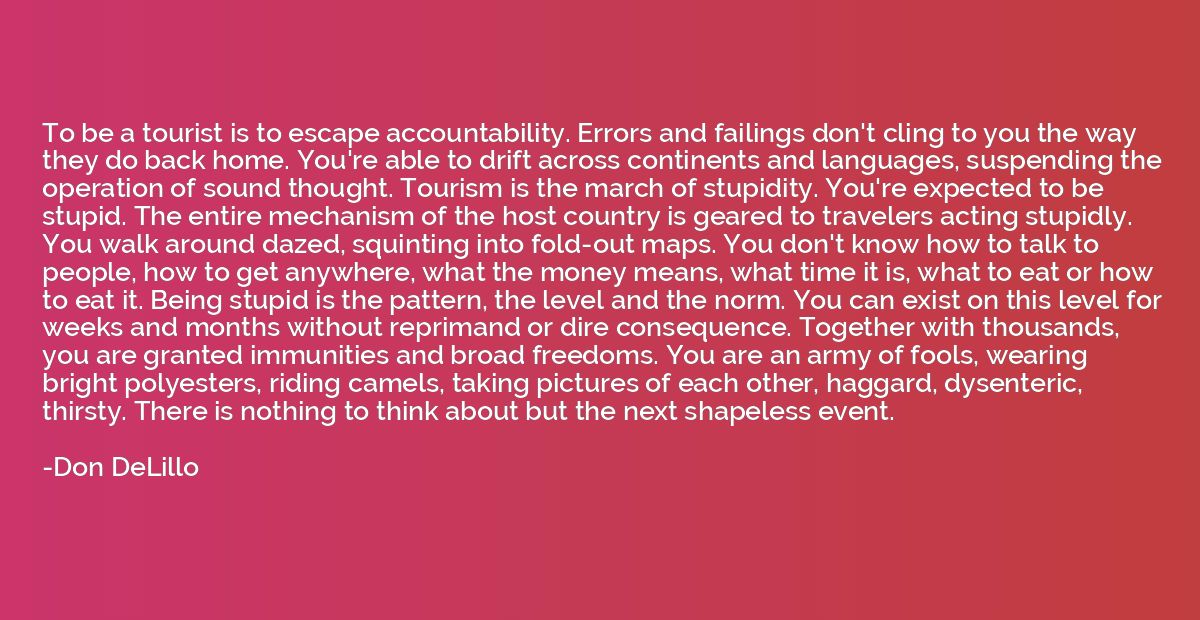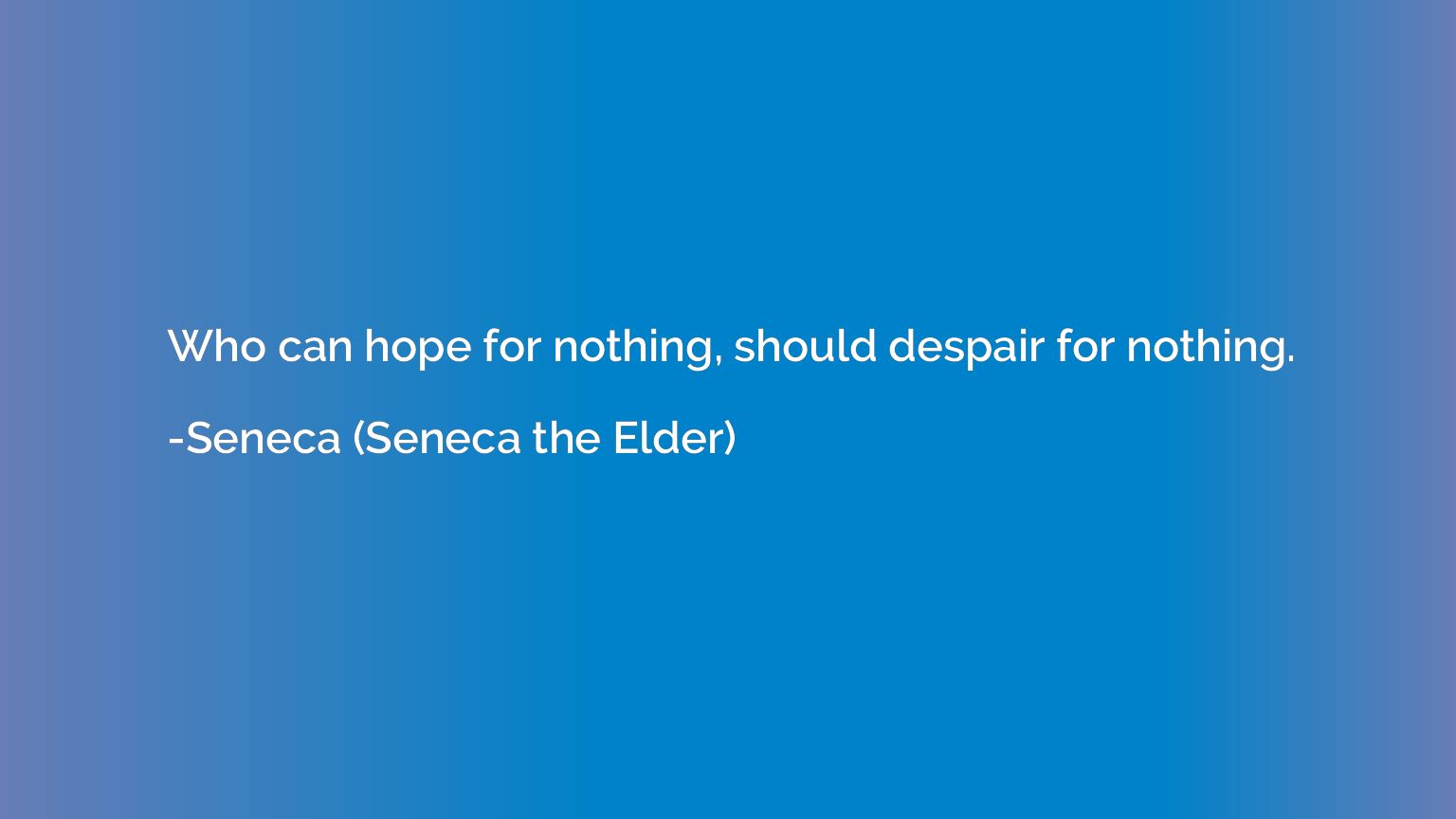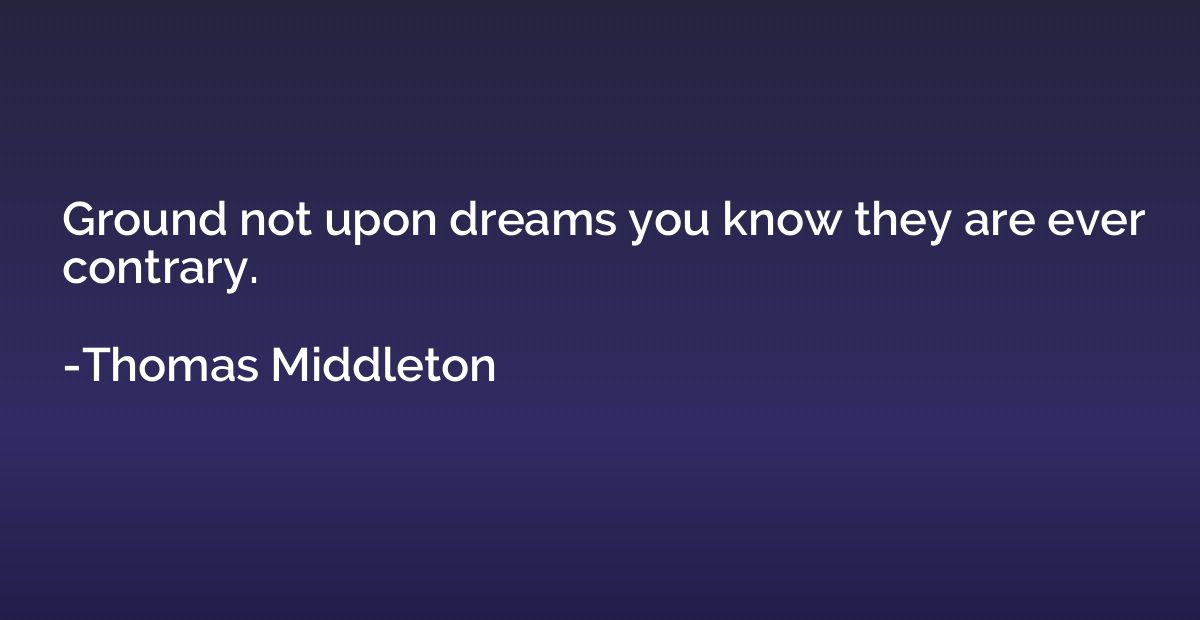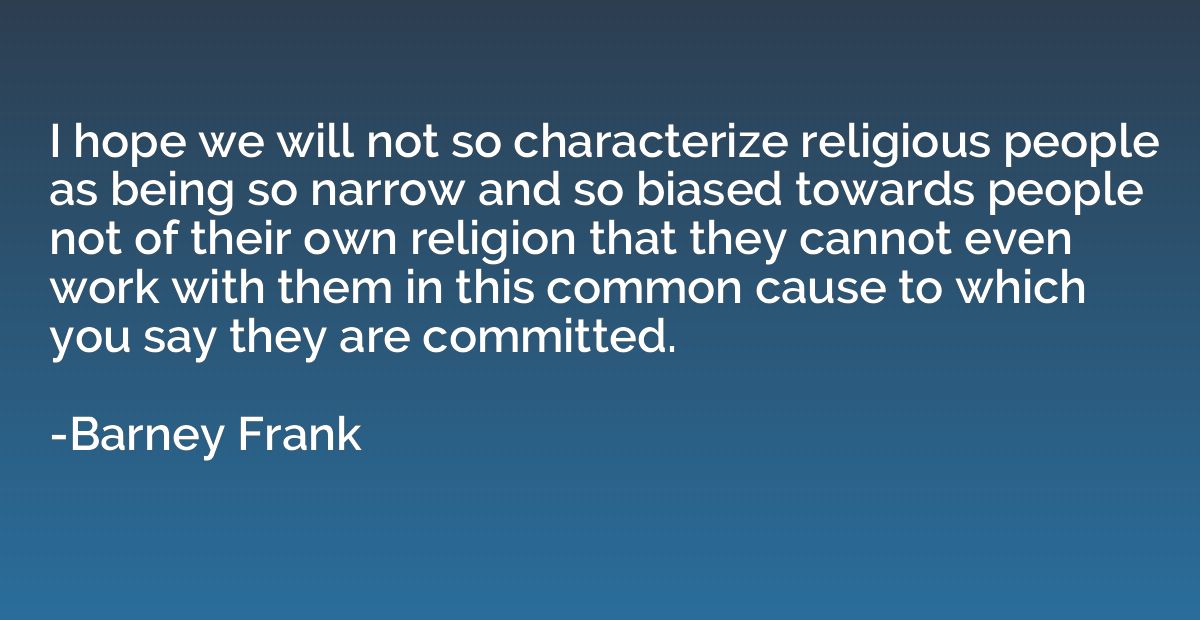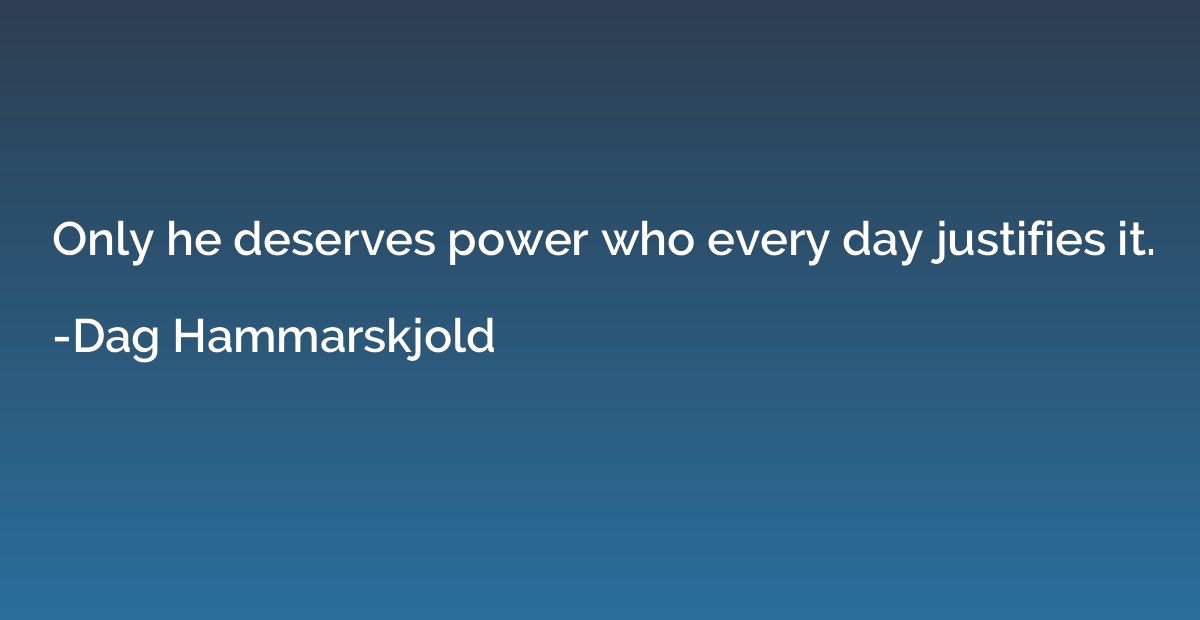Quote by Roland Barthes
To endow the writer publicly with a good fleshly body, to reveal that he likes dry white wine and underdone steak, is to make even more miraculous for me, and of a more divine essence, the products of his art. Far from the details of his daily life bringing nearer to me the nature of his inspiration and making it clearer, it is the whole mystical singularity of his condition which the writer emphasizes by such confidences. For I cannot but ascribe to some superhumanly the existence of beings vast enough to wear blue pajamas at the very moment when they manifest themselves as universal conscience.
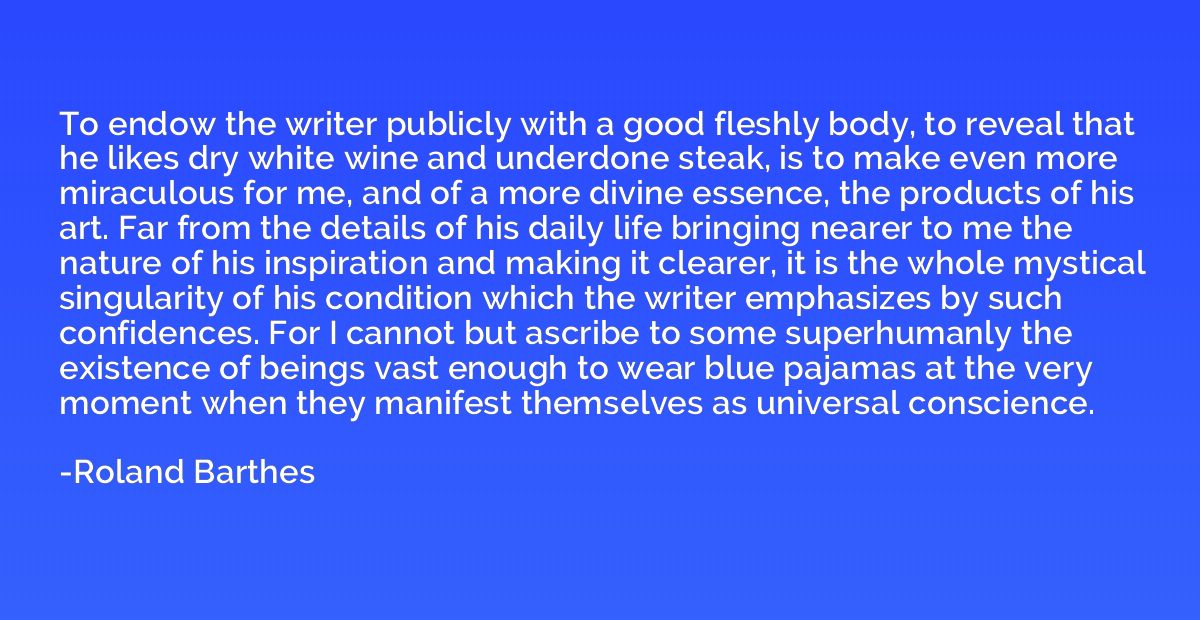
Summary
This quote suggests that knowing personal details about a writer, such as their preferences for wine or steak, enhances the miraculousness and divine essence of their literary works. Rather than understanding their inspiration through mundane details, the writer emphasizes the mystical nature of their existence. The quote implies that writers possess a unique condition that transcends normal human experiences, making their works a manifestation of universal consciousness.



